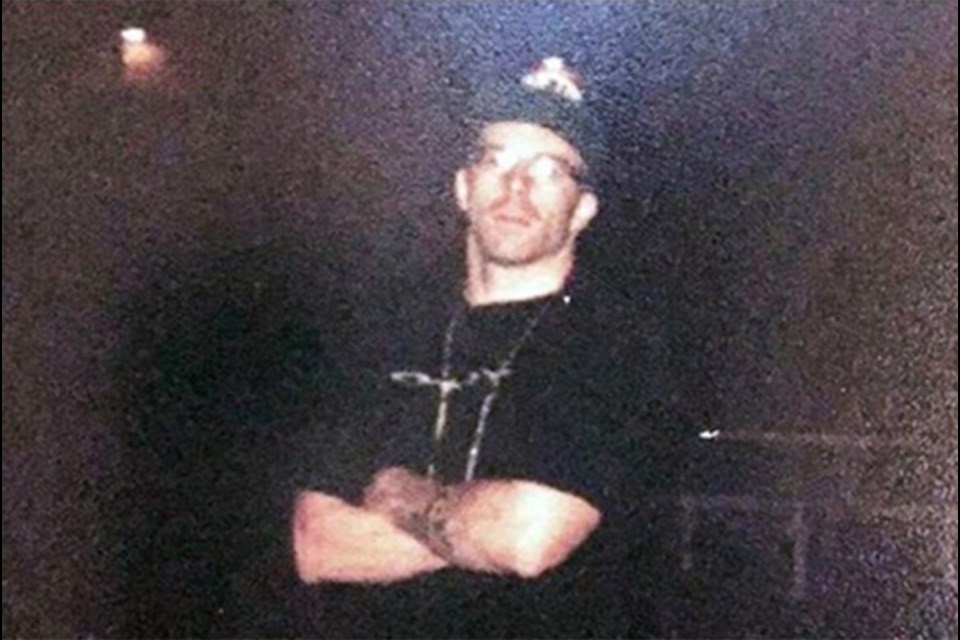REGINA – The province’s highest court has dismissed Tyler Robert Vandewater’s appeal of his second-degree murder conviction for the June 2017 killing of his cellmate Christopher Van Camp. Their cell was in a gang unit in the maximum-security range of Saskatchewan Penitentiary.
Vandewater had appealed on the grounds of trial fairness and misinterpretation of evidence. The Saskatchewan Court of Appeal found no miscarriage of justice and upheld the trial judge’s findings that Vandewater’s actions weren't justified and the conviction for second-degree murder was supported by the evidence.
“The trial judge’s interventions, viewed cumulatively, did not compromise the fairness of the trial,” said Justice Schwann in his Jan. 28 written decision, in concurrence with Justices Neal Caldwell and Meghan McCreary. “A reasonable observer would not conclude that the judge was partial to the Crown or that the interjections shook public confidence in the administration of justice.
“While the trial judge misstated some evidence, these errors were not central to the reasoning process that led to the conviction,” he added. “The overwhelming evidence supported the conclusion that Vandewater’s actions were not taken in self-defence.”
Vandewater admitted to killing Van Camp in their shared cell at the Saskatchewan Penitentiary but claimed he acted in self-defence or under provocation. The trial judge rejected these defences, finding that Vandewater’s actions weren’t justified and that he had continued to stab Van Camp even after the threat had subsided. Vandewater was sentenced to life imprisonment with no parole eligibility for 16 years.
The appeal arguments
During the appeal, which was heard in March 2024, Vandewater’s defence lawyers Brian Pfefferle and Thomas Hynes appealed on two grounds.
First, they argued that the trial judge’s approximately 120 interventions with questions and comments during the trial created an appearance of bias and compromised the fairness of the trial, gave the impression of bias and unfairly favoured the Crown.
The Saskatchewan Court of Appeal, however, disagreed.
The appeal court found that most of the trial judge’s interventions were routine and fell within the bounds of proper trial management. The trial judge had asked clarifying questions to witnesses, such as asking a correction’s officer whether fights in the prison could go unnoticed. The court of appeal said this was a legitimate effort to understand the evidence.
In addition, during testimony, the trial judge asked forensic pathologist Dr. Shaun Ladham detailed questions about the cause of death and the nature of Van Camp’s injuries. The appeal court said that while some questions went beyond clarification, they didn’t unfairly help the Crown’s case or harm Vandewater’s defence.
The appeal court said that the trial judge’s actions didn’t meet the high threshold required to overturn a conviction on grounds of trial fairness, and Vandewater’s appeal didn’t demonstrate that the interventions created a serious appearance of unfairness.
“If there are matters which the judge considers have not been sufficiently cleared up or questions which he himself thinks ought to have been put, he can, of course, take steps to see that the deficiency is made good,” said Justice Schwann.
The second ground that Vandewater’s defence had argued was that the trial judge misinterpreted key pieces of evidence, leading to unsupported factual findings that were central to the conviction.
The Court of Appeal disagreed with defence arguments.
“A disagreement with a trial judge’s factual assessment does not meet the stringent test for a misapprehension of the evidence, unless those conclusions are clearly wrong, unsupported by the evidence or otherwise unreasonable,” said Justice Schwann. “As the trial judge’s reasons reflect none of that, this ground of appeal must fail.”
While the appeal court acknowledged that the trial judge misstated some details about the sequence of events during the fight, they said that these errors weren’t material to the overall conclusion that Vandewater’s actions weren’t in self-defence.
The Court of Appeal of Saskatchewan decision means that Vandewater’s conviction in May 2020 in Prince Albert Court of Queen’s Bench stands, and Vandewater will continue to serve his life sentence without the possibility of parole for 16 years.
At the time of 37-year-old Van Camp’s murder in 2017, Vandewater was serving four years, 11 months and 11 days for aggravated assault, assault causing bodily harm, two counts of assaulting a peace officer and uttering threats.




